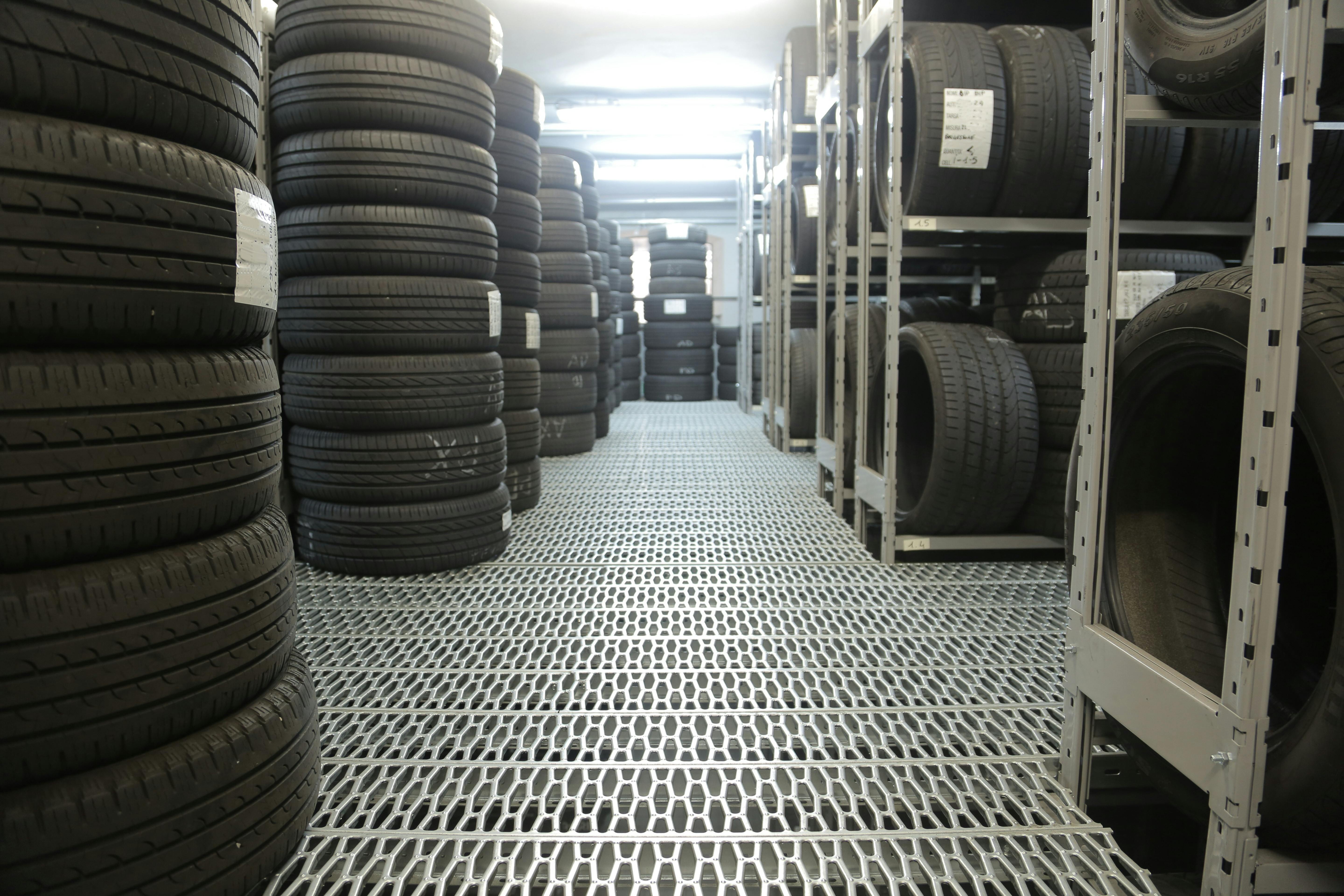Essential Information on Yokohama Tire Pricing
Yokohama tires represent a significant investment for vehicle owners, with pricing that varies considerably across their extensive product lineup. Understanding what influences these costs and knowing typical price ranges can help consumers make informed purchasing decisions. This comprehensive guide examines the factors that affect Yokohama tire prices, provides current price ranges for popular models, and offers strategies to maximize value when shopping for these premium Japanese tires.

What Factors Affect Yokohama Tire Price Points?
Several key factors influence the cost of Yokohama tires in the market. Tire size is perhaps the most significant determinant—larger dimensions typically command higher prices due to increased material usage and specialized manufacturing processes. The tire’s performance category also substantially impacts pricing, with high-performance and specialized tires (such as all-terrain or winter models) generally costing more than standard touring options. Yokohama’s technological innovations, including their BluEarth eco-friendly engineering and orange oil compounds, often add premium value to certain tire models. Additionally, specialized tread patterns, sidewall construction, and speed ratings can influence the final price point of any Yokohama tire.
What Are the Typical Yokohama Tire Price Ranges?
Yokohama tires span a broad price spectrum to accommodate different market segments and vehicle types. Entry-level passenger car options typically start around $85-120 per tire, making them accessible for budget-conscious consumers who still want reliable Japanese engineering. Mid-range touring and grand touring tires generally fall between $120-200 per tire, offering enhanced comfort, quieter operation, and improved tread life. Performance and ultra-high-performance options command prices from $150-300+ per tire, delivering superior grip and handling characteristics. At the premium end, Yokohama’s specialized SUV, truck, and all-terrain options can range from $200-400+ per tire, reflecting their advanced construction, durability requirements, and specialized capabilities designed for specific driving conditions.
How Do Common Yokohama Tire Models Compare in Price?
Different Yokohama tire models target specific driving needs and vehicle types, with pricing that reflects their intended use and technological features. The AVID Ascend GT, Yokohama’s popular grand touring all-season tire, offers balanced performance with prices typically ranging from $130-220 per tire depending on size. The economy-focused BluEarth lineup emphasizes fuel efficiency with prices ranging from $90-150. Performance-oriented drivers often select the ADVAN Sport series, with pricing between $180-350 reflecting their enhanced grip and handling capabilities. For SUV and crossover vehicles, the Geolandar series offers various specialized options from $150-300+ per tire depending on specific model and capability requirements.
What Strategies Can Maximize Value When Purchasing Yokohama Tires?
Several approaches can help consumers optimize their investment when buying Yokohama tires. Timing purchases during seasonal promotions or manufacturer rebate periods can yield significant savings—Yokohama regularly offers rebate programs during transition seasons. Many authorized Yokohama dealers also run their own promotions, particularly during holiday sales events or end-of-model clearances. Considering the total cost of ownership rather than just the initial purchase price represents another smart strategy; while premium Yokohama models cost more upfront, their extended tread life often delivers better long-term value. Additionally, researching available warranty coverage, road hazard protection, and complimentary services (such as free rotations) offered by different retailers can substantially enhance the overall value of your tire purchase.
Yokohama Tire Model Pricing Comparison
| Tire Model | Vehicle Type | Key Features | Price Range (Per Tire) |
|---|---|---|---|
| AVID Ascend GT | Passenger Cars/Sedans | All-season, 65,000-mile warranty, comfortable ride | $130-220 |
| BluEarth Winter V905 | Passenger Cars | Winter performance, 3PMSF rated, improved ice traction | $140-240 |
| ADVAN Sport A/S+ | Sports Cars/Performance Sedans | Ultra-high performance, all-season capability | $175-325 |
| Geolandar A/T G015 | SUVs/Light Trucks | All-terrain, 60,000-mile warranty, 3PMSF rated | $180-320 |
| Geolandar X-AT | Trucks/SUVs | Extreme all-terrain, aggressive tread, durable construction | $250-400 |
| AVID Touring-S | Economy Cars/Sedans | Comfortable ride, 65,000-mile warranty | $85-150 |
Prices, rates, or cost estimates mentioned in this article are based on the latest available information but may change over time. Independent research is advised before making financial decisions.
When comparing tire models, it’s essential to consider how each tire’s design and feature set aligns with your specific driving needs. While the AVID Touring-S represents an excellent value option for everyday commuting, drivers who frequently encounter rough terrain would benefit more from investing in the more expensive but specialized Geolandar X-AT. Regional weather conditions should also factor into your decision—those in snow-prone areas might find the BluEarth Winter V905’s higher price justified by its superior winter performance capabilities.
How to Navigate Yokohama’s Pricing Tiers
Understanding Yokohama’s market positioning helps explain their pricing structure. As a premium Japanese tire manufacturer, Yokohama positions most of its products in the mid-to-upper pricing tiers compared to budget brands. However, they offer products at multiple price points within their lineup to appeal to different consumer segments. Their flagship ADVAN performance series commands premium prices due to its cutting-edge technology and motorsport heritage. The AVID series targets the volume market with solid performance at moderate prices. Meanwhile, value-conscious shoppers can look to entry-level options that still benefit from Yokohama’s engineering expertise without all premium features. This tiered approach allows consumers to enter the Yokohama ecosystem at different price points while maintaining brand consistency in quality and performance.
Yokohama tire pricing reflects the brand’s commitment to quality engineering and performance across diverse driving applications. By understanding the factors that influence costs, typical price ranges, and value-maximizing strategies, consumers can make more informed decisions when investing in these premium Japanese tires for their vehicles.




